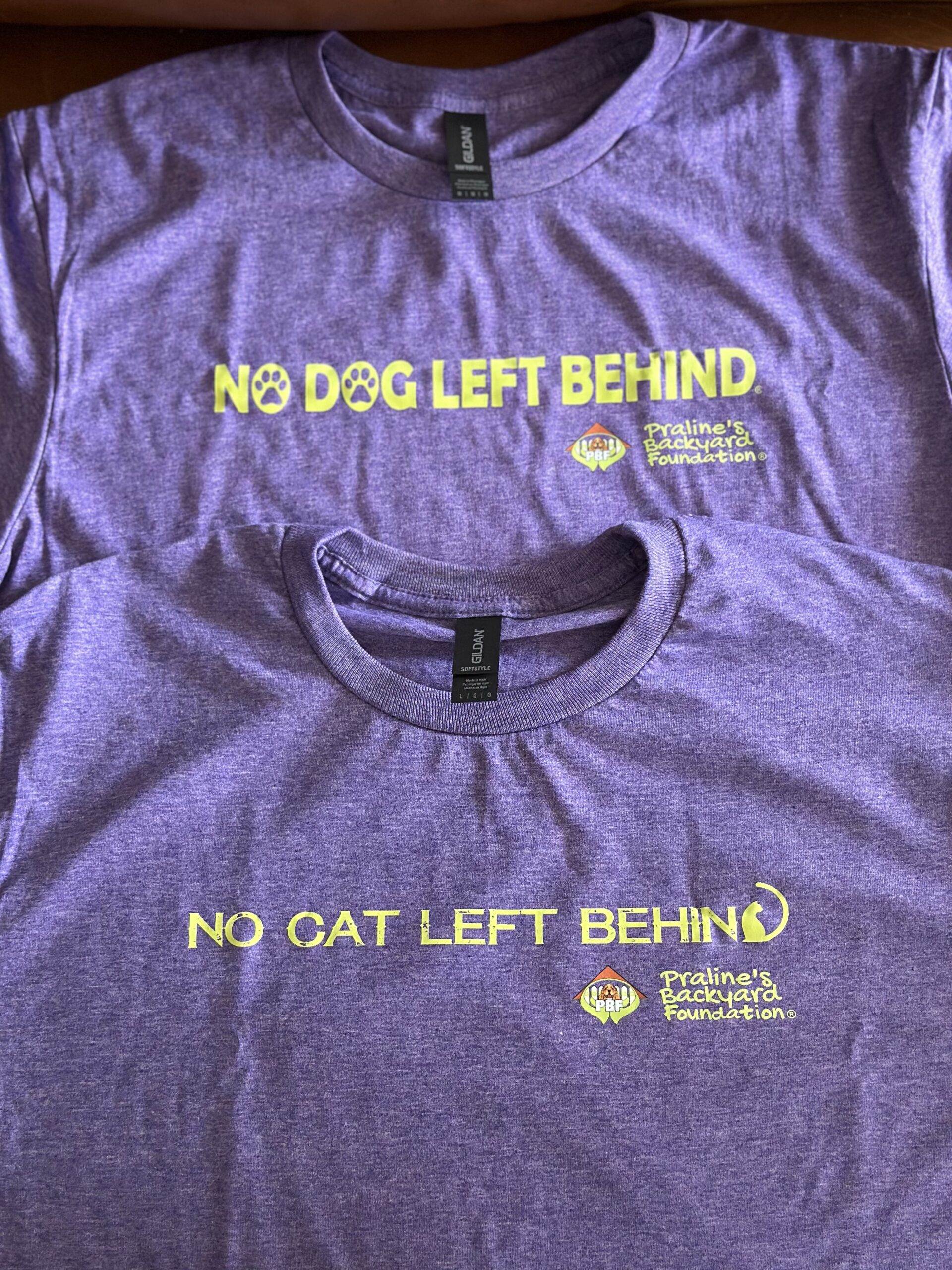In recent years, awareness has grown regarding the unique challenges faced by domestic violence survivors with pets. For many, the decision to leave an abusive situation is complicated by concerns for the safety and well-being of their beloved animal companions. Fortunately, initiatives like the “25 by 2025” campaign are making strides in addressing this critical issue.
The “25 by 2025” initiative, spearheaded by organizations such as RedRover, aims to make 25% of all domestic violence shelters pet-friendly by the year 2025. This ambitious goal recognizes the importance of providing survivors with options that allow them to escape abuse while keeping their pets safe.
Pet-friendly shelters offer a lifeline for survivors who may otherwise hesitate to seek help out of fear for their animals’ safety. By providing accommodations for pets, these shelters remove a significant barrier to seeking assistance and empower survivors to take the necessary steps to leave abusive situations.
Additionally, pet-friendly services extend beyond shelter accommodations. Initiatives like fostering programs and partnerships with pet boarding facilities further support survivors by ensuring that their pets have a safe place to stay during times of crisis.
In recent years, organizations like Praline’s Backyard Foundation have joined a growing movement to address the unique challenges faced by domestic violence survivors with pets. One such initiative gaining traction is the “25 by 2025” campaign, led by the National Domestic Violence Hotline.
The “25 by 2025” campaign aims to make 25% of all domestic violence shelters pet-friendly by the year 2025. This ambitious goal recognizes the importance of ensuring that survivors have access to safe accommodations for their pets, removing a significant barrier to seeking help.
Praline’s Backyard Foundation, while not directly involved in the campaign, has been instrumental in advocating for increased pet-friendly services for survivors. Through innovative partnerships with existing pet boarding facilities and recruitment of pet fosters, the foundation has played a crucial role in bridging the gap for survivors with pets.



